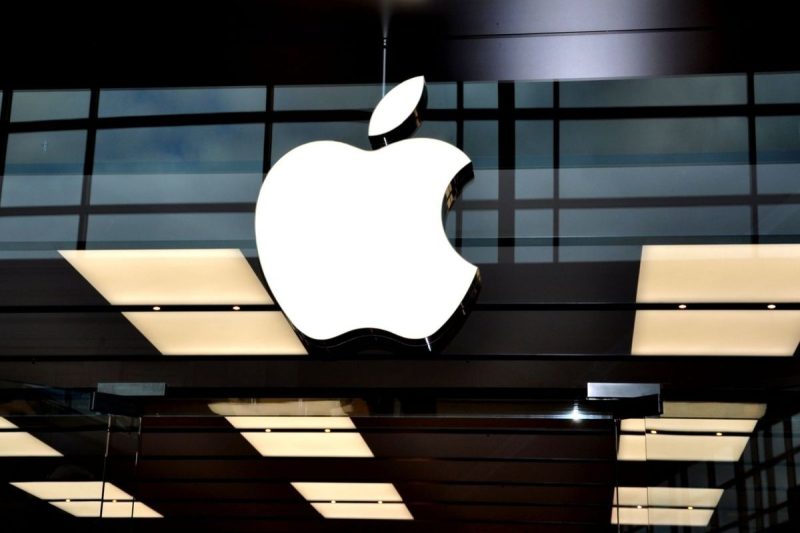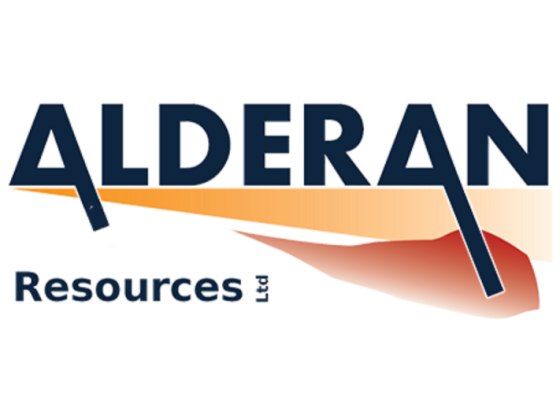As multiple powerhouses in the technology world continue to work diligently to advance Artificial Intelligence (AI), a recent unveiling of Apple’s partnership with OpenAI, an AI research lab initially co-founded by Elon Musk, has sparked a new debate. The conversation revolves around privacy concerns, reiterating the constant tug, and pull between progress in technology and the need for data security.
At the heart of the issue are the different philosophies that Apple and Elon Musk have about privacy. Apple, known for its strict data privacy policies, holds the ideal that all data stored on an iPhone, iPad, or Mac should be encrypted so only the owner can access it. This strong commitment to data privacy extends to its AI endeavors. Its relationship with OpenAI is a strategic move that marries Apple’s vast datasets with OpenAI’s machine learning expertise, but the inherent confidentiality associated with Apple’s user data raises concerns.
Conversely, Elon Musk, the co-founder of OpenAI, has a different view of AI data utilization. Musk has always been a proponent of shared data sources as a way to optimize AI training and promote transparency in the AI community. He believes that open-source data helps feed a more advanced AI system, thus making it more beneficial to users. This public domain AI model approach is diametrically opposed to Apple’s privacy-centric business model.
Elon Musk has voiced his concerns about AI data privacy directly related to the Apple-OpenAI partnership. Musk fears the potential downside of this collaboration, suggesting that combining vast datasets with advanced AI technologies might result in unfair market competition. More importantly, he is apprehensive that such a partnership may jeopardize users’ data privacy, as the massive data required by AI technologies for extensive learning could potentially be mishandled.
Moreover, Musk views AI as a technology equipped with the potential for ample breakthroughs, but at the same time, with the risk of potentially catastrophic repercussions if misused. His concerns over the misuse of AI, combined with the Apple-OpenAI partnership’s potential privacy implications, paint a clear image of Musk’s apprehension over the collaboration.
During the course of this ongoing debate, one must contemplate the central question: can the right balance be struck between improving AI functionalities and preserving user data privacy? Undeniably, advanced AI requires ample data to improve its learning abilities and user experiences. Still, there is the risk of undue data exposure and potentially violating privacy laws.
In conclusion, the Apple-OpenAI partnership undoubtedly opens new avenues of discussion within the AI industry. It exposes the tension between different views on privacy and data usage in developing AI. While we all look forward to development in AI technologies, it’s imperative to remember that these advancements should not come at the expense of user data security and privacy. As the debate continues, it will be fascinating to evaluate the evolution of data privacy regulations and their role in shaping AI’s future.










